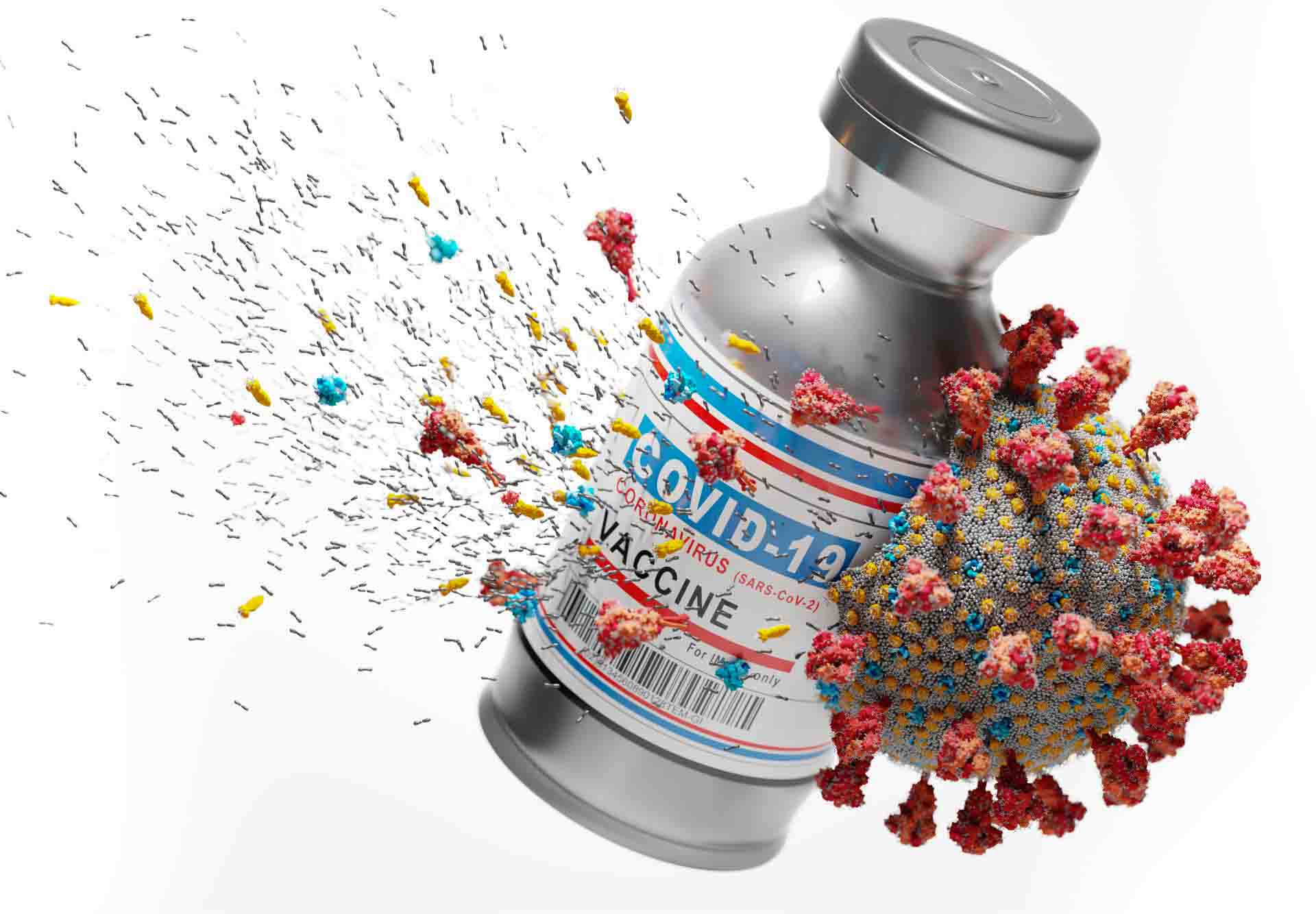The COVID-19 vaccine and its effects on male fertility have been an issue for a while. Even though there have been numerous false reports circulating online about how COVID-19 immunizations can cause infertility, this concern is unfounded. According to the CDC, there is presently no evidence that any vaccination, including COVID-19 injections, causes reproductive issues (difficulty attempting to get pregnant).
The COVID-19 vaccinations have undergone extensive testing to ensure their safety and effectiveness, and the results have shown no negative effects on fertility. It is especially crucial for everyone to get vaccinated because the COVID-19 virus itself is associated with an increased risk of pregnancy problems and may have detrimental effects on fertility.
RNA from SARS-CoV-2 Found in Sperm

The detection of SARSCoV2 RNA in semen in a 2020 cohort study is one source of initial concern regarding COVID-19’s influence on fertility. The study simply showed that the virus was present in the semen of sick and recovered patients; it did not prove that the virus could be transmitted sexually. As a result of this finding, people started wondering if COVID-19 would affect fertility or the development of a fetus.
The Effects of COVID-19 on sperm, embryos, and newborns are still being analyzed. Pregnant women, however, have a higher chance of developing serious complications from the disorder. They also have an increased risk of having a baby born prematurely or experiencing other complications during pregnancy. Because of this, people should be concerned about the impact of the virus on fertility and pregnancy. Further, studies have shown that both the primary vaccine and the booster are safe and effective for use during pregnancy.

The COVID-19 vaccination is safe for use during pregnancy. Although pregnant women and their unborn children weren’t included in the initial vaccine clinical trials, data from safety monitoring systems have shown no evidence of harm to either. Just as there is no proof that the COVID-19 vaccine has any negative effect on female (or male) fertility, there are also no reports online linking vaccination with female infertility.
The COVID-19 vaccine and its potential impact on sperm quality have also been the subject of much discussion. This has never been confirmed or hinted at by research, and a study from 2021 provides hard data to put these doubts to rest.
Lack of Vaccine-Induced Alteration in Sperm

The sperm of 45 healthy men aged 18-50 was analyzed twice in a University of Miami study: once before the first dosage of the vaccination and once 70 days after the second. No statistically significant changes in sperm characteristics were observed.
Due to the absence of live virus in vaccines, sperm parameters are not expected to change. All sperm parameters were found to have increased significantly, which is an interesting finding. Eight men with low sperm counts were included in the trial and given the vaccination. After receiving the vaccine, sperm counts increased for seven of the eight men, while one remained low.

Scientists speculate that the longer period of abstinence before the second sample was taken may have contributed to the increase in sperm parameters, which is within the range of typical individual variation. These results are supported by additional studies which found no evidence that COVID-19 vaccinations have any negative effects on male fertility.
Both the Society for Male Reproduction and Urology and the American Society for Reproductive Medicine issued a joint statement saying that the only known effect of the vaccines on male fertility is if a fever occurs after receiving a dose. As is the case, whenever the body temperature rises, this may have a temporary negative effect on sperm quality.
Male Fertility After a COVID-19 Infection

The effects of COVID-19 infection on male fertility are the subject of current research. Damage to the testicles has been linked to COVID-19 infection, and data on the virus’s other effects on male fertility after infection is now being gathered.
There is evidence suggesting that sperm counts drop between 72 and 90 days after a COVID-19 infection. While the vaccine does not pose a risk to male fertility, research suggests that the COVID-19 virus itself may.
What Role Does mRNA Play in the Vaccine?

There is a current urban legend that the immune reaction to mRNA COVID-19 vaccinations leads the body to target syncytin-1, a protein in the placenta, which may result in a woman’s inability to conceive. The vaccine’s RNA is supposed to code for a protein called the SARS-CoV-2 spike protein, and the claim asserts that this protein’s similarity to the placental protein syncytin-1 causes cross-reactivity. Because of cross-reactivity, our immune system responds to this placental protein as though it were it’s own.
Proteins are formed up of amino acid chains, and the mRNA vaccines share too few of these chains with syncytin-1 to be fooled with it. Proteins with only 39% homology would never trigger a cross-reactive immune response. Infertility cannot occur because the immune system can only confuse proteins if they are highly similar to one another.

Four women in the vaccine group were among the nine women who dropped out of the Pfizer-BioNTech vaccine clinical study because they became pregnant.
There are currently active registries and trials, including pregnant women. Seven hundred women will participate in the phase 2/3 placebo-controlled trial being conducted by BioNTech and Pfizer between weeks 24 and 34 of pregnancy. By August 2022, the research should be finished.

The research foundation for the study of the relatively new COVID-19 vaccinations. In addition, their usage is still closely watched. According to the available data, the likelihood of harm from receiving these shots is quite low. Specifically, clinical trials conducted at the University of Miami and other recent investigations back up what experts have suspected all along: the COVID-19 vaccination has no effect on male or female fertility.
Meaningful articles you might like: Awareness of Fertility, Why Fertility Testing is Important For Men, Do Vaccinations Cause Infertility?

